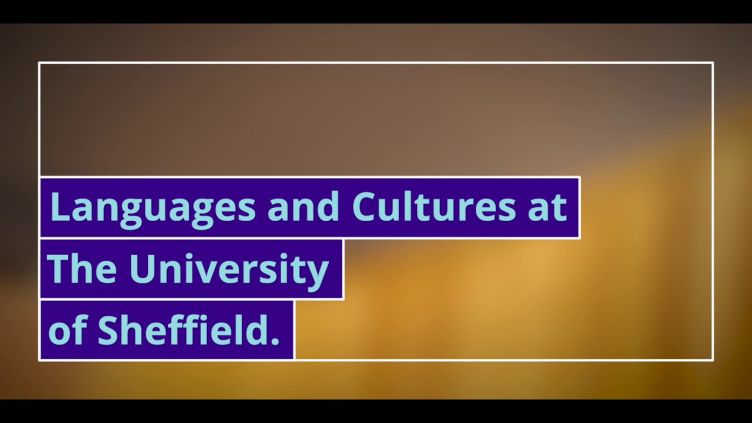BA Modern Languages & Cultures (BAMLC)
At 91÷±≤•, you can choose from degree programmes of one, two or three languages as part of the BA Modern Languages and Cultures (BAMLC), from a range of ten: French, German, Spanish, Russian, Catalan, Portuguese, Italian,¬Ý Dutch, Czech¬Ýand¬ÝLuxembourgish.

Our programme
You can study all the languages we offer as a beginner, and French, German, Spanish and Russian as a post A-Level student.
Our programme is flexible, in particular in your first year: we want to give you the opportunity to engage fully with our rich offer of language and culture courses. Our students will take, throughout their degree, at least one language and its associated culture module. In your first year, our languages modules offer generally 3 or 4 classes per week. Most of the languages we teach also have a cultural studies module (generally 1 or 2 contact hours per week). You don’t have to take both for all the languages you choose, but most students do. In your second and fourth year, you will bolt your chosen culture courses onto your core language programme.
Languages: three, two or one?
Which language and how many you study is up to you. It is possible to switch or drop languages after your first year. We are always happy to discuss your options with you.
- Three languages
Most of our students split their three languages equally in their first year, so three equal packages of language and culture classes; one for each language. You are free to choose two languages from scratch. We don’t recommend taking more than two beginners’ languages in your first year. Note that there is a degree of variation here, but generally you will have about 16-18 contact hours per week.
After your first year, you can stick with the triple language programme or drop one of your languages and go for two.
- Two languages
When you’ve picked your two languages you fill the rest of your timetable with language specific modules - we call them pathway modules - or choose one of our programme-wide modules. These modules cover topics that are transnational and translingual. Finally, you could pick a university-wide course from a guided selection.
You can combine any of our 10 languages, but there are some restrictions: Italian at 91÷±≤• is language only and those keen to start with Luxembourgish, will have to wait until second year.
In your second and final year there is flexibility too: you can choose to prioritise one of your languages or keep an equal split. You will normally split your year abroad over two language areas.
- One language
If you want to study one language, it will have to be one of these four: French, Spanish, German or Russian. We offer these languages as a post a-level or beginners course.
In your first year you select one language package. This is the compulsory element, so you are free to choose courses you are interested in for the remaining ‚Öî of your timetable. This will involve courses outside of your chosen language. The university is a place with many options, and studying one language gives you a lot of freedom of choice in your first year.
Please note: if you opt for one language, there will be less optionality in your Second and Fourth year. We offer a broad programme at 91÷±≤• and that is something to bear in mind if you want to concentrate on one language. Check our language pages to see if we offer enough specificity for you.
Modules
For more information on the modules available, visit the individual language pages below:
French, German, Spanish, Russian, Catalan, Portuguese, Italian, Dutch, Czech and Luxembourgish.
Third Year Abroad
Whichever language or language combination you choose, you will spend your third year abroad. This is often the most memorable year of your degree because you get the opportunity to try, practise and improve you language in a real life situation.
Please check our year abroad page for more information.
Dual Degrees
If you want to combine a modern language with a non-language subject, please consult our information on Dual Degrees with Modern Languages and Cultures
Entry Requirements
Find further information, including entry requirements:

Visit us
Discover what sets 91÷±≤• apart at our undergraduate open days on Saturday 21 June and Saturday 5 July 2025.

